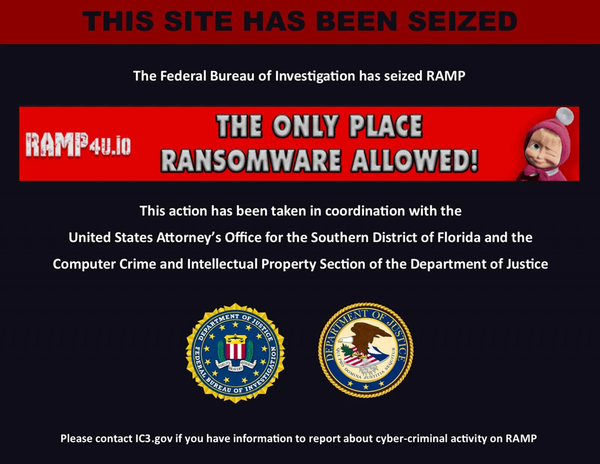DOJ accuses director of defense firm's cyber division of selling secrets to Russia
N. Korean IT workers snagged work as animators, Ethical hackers breached F1 database and got access to Verstappen's info, Hackers enabled theft of Shaquille O'Neal's custom Range Rover, CSC 2.0 appeals to Trump to reverse cyber cuts, Apple may end App Tracking Transparency in Europe, much more





